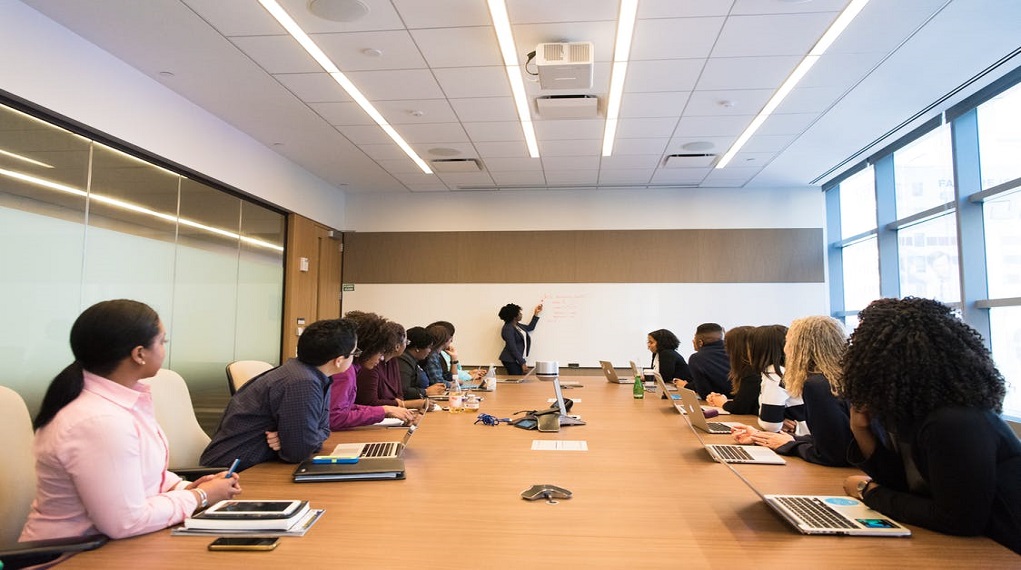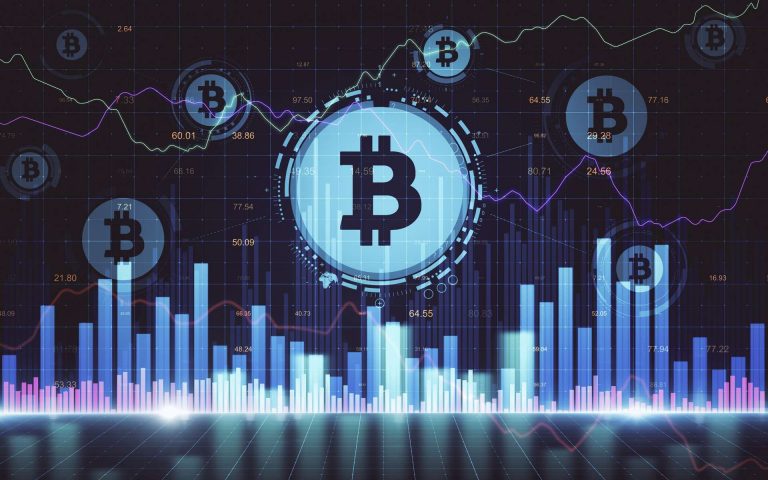Gilles Babinet’s editorial: “Beyond technology, an anthropological revolution”
New age of humanity, digital technology induces an anthropological revolution which affects the whole dimensions of society. A technology that has become a total social fact, it brings together technical and IT issues on the one hand and, on the other, the dimensions of the human sciences. As with any technical revolution, the two points come together around a collective political project, always under construction when it comes to digital technology.
The articulation between consideration of technical issues and construction of a common societal project, between computer and human sciences approaches, is fundamental.
From a technical transformation to an anthropological revolution
It is about trying to get out of the ‘idea that there is a kind of digital objectivism and that it is a fact on which we cannot act, that there is no way to influence the course of things. When the former president of Google says that it is normal for the notion of privacy to disappear with the advent of the internet , he wants to say that it is an inescapable consequence. It will be denied by an outcry following a few scandals of misuse of data (Snowden – NSA, Cambridge Analytica …).
For years, the development of digital tools was carried by technicians, innovators as was the case for example in Silicon Valley. We now know that this is not the only approach. When we look elsewhere, we can see that there are countries which have made extremely different choices in the way they use new technologies, from the Chinese social rating, a totalitarian practice that has resulted in imprisonment and discrimination. millions of Uyghurs, to the inclusive practices of the Scandinavian countries.
Behind the debates on these new technologies arises the question of living together. The social networks , while they participate in greater transparency of information, nonetheless have powerful biases, such as highlighting the most popular content. likely to be rebroadcast by their members; “shocking” content, often aggressive, biased if not sometimes totally false.
Online hatred and disinformation are not secondary phenomena; they influence our relation to truth, to science, our capacity to doubt, to make compromises. This phenomenon is global. It concerns North America as well as Europe, democracies yet proven, and countries In the figurative sense: sudden appearance of an idea, of a social, economic, political fact.
The term emergence is used in many fields.
Physics
Exit out emerging where they are often used by dictatorships to maintain power and persecute their opponents.
Sharing a common knowledge base
In the same way that the digital revolution cannot be carried only by innovators, it must be thought outside the technical skills alone, under penalty of reinforcing fractures between populations, between citizens and institutions … New technologies are not quick fixes.
New technologies are not quick fixes
The challenges encountered by their actual or potential use should, on the contrary, lead us to reflect on the social project they underpin. It is the implementation of these tools in education without rethinking the learning methods, it is the closing of the counters without transforming the procedures, it is the discussion on the electronic voting to deal with abstention. Having recourse to complex systems, with difficulty Indeed, when the frequency of a wave which transparent and complicated to apprehend is a form of violence imposed on the citizen. This thus questions the need for all to benefit from a common base, a shared technical culture but also an understanding of historical, economic, social, anthropological issues … which are linked to the use and development of these technologies.

I am delighted to have the opportunity to bring this reflection today through different dimensions on the occasion of 20 years of Futura Sciences . The articles that you will discover during this day aim to take a step aside, to raise different questions and to propose a meeting between science and society on inescapable subjects such as the artificial intelligence and the climate or the potential link between aptitude in mathematics and development in artificial intelligence. Anne Alombert and Olga Kokshagina , my colleagues at the National Digital Council, in their writings around the need for benefit from a digital culture and innovation in the service of learning participate in the construction of this thought.
The challenge of tackling the question collectively
To wonder about the evolution of information, institutions, the environment or our report indeed under the effect of social networks may seem off-putting because it requires going into it deeply to grasp its meanings and implications. It also requires talking to each other and how we can influence the future. However, it is essential to tackle the subject head-on. And we are convinced that it starts with our relationship to knowledge. Does the profusion of information with access to all its sources really bring us into a knowledge society? Does it have to be a mechanical, transversal knowledge? What is the relationship between the hard sciences and the humanities? What is the relationship between the challenges of cognition and the acquisition of knowledge? It is also about the future of democracy, which can be jeopardized if we cannot better control social networks , the spread of fake news and hate speech. If the pandemic has accelerated the use of new technologies, reinforcing their omnipresence in our daily lives and illustrating our ability to all largely adapt, it is necessary today to think about the path we want to take.
Innovation echoes the political project it induces. Reflection on digital technology, like that on the environment, can no longer be isolated. It concerns all aspects of our society and all stakeholders. This is why, on this occasion, we are organizing with the National Digital Council, in partnership with Inria, the Interministerial Directorate for Public and Digital Transformation in Common (s), a day of collective reflection which brings together public actors and personalities. from the world of research. The goal? Reflect together on the evolution of our institutions and democracy under the effect of digital technology. After a year and a half of an explosion in the use of digital tools, it is urgent to consider together how we want to use these technologies, how, ultimately, to put them back at the service of people and a social project. We will of course be happy to share the conclusions and concrete ideas that will emerge from these exchanges.
Happy reading!
All the articles of the special day:
You know that ?! This year, Futura celebrates its 20th anniversary! And, on this occasion, your favorite media has concocted a whole bunch of surprises.
To celebrate our 20th anniversary, you can also:
- Send us your birthday messages and wishes for a Book Special Gold 20 years on this page .
- Find all the special content for the 20 th anniversary of Futura on our dedicated page .
- Follow the anniversary on our social networks with the # Futura20ans.
Stay tuned to celebrate these two decades of success!







